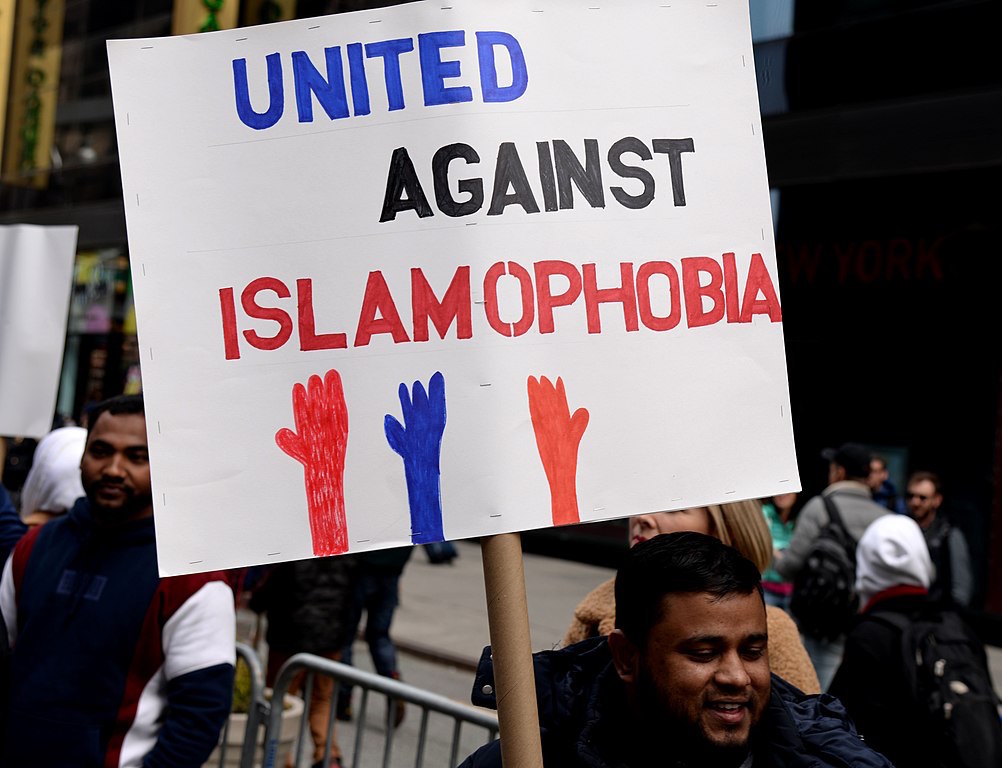It was with a pleasant sense of surprise that I received news of the Canadian government designating January 29 a “National Day of Remembrance of the Quebec City Mosque Attack and Action Against Islamophobia.”
The news took me back to the election campaign of 2015. At the time the NDP was the official opposition and the Liberals the “third party.” An ad-hoc group of organizations communicated with party leaders, asking them for their positions on a variety of issues, including racism and the protection of minorities. In his response, Liberal leader Justin Trudeau avoided using the word Islamophobia. Over the following year he continued to avoid using it, but ever since January 29, 2017, he has been using it candidly.
After the 2017 mosque massacre in Quebec City the stakes were higher, though. Many started to ask for January 29 to be designated a day of action against Islamophobia, but these demands seemed to be falling on deaf ears. Regardless of whether the day was designated for combating Islamophobia or not, work on the ground started and was continued by many groups and individuals, throughout the year, but concentrated around the anniversary of the massacre. I have always been of the opinion that asking alone would not get us what we need. It is only when the people lead that the politicians will follow. We learned from history that no one gave Black people Black History Month; they established it themselves. No one gave the LGBTQ+ community Pride; they made it a fact on the ground. And we made January 29 a Day of Action Against Islamophobia through work done year after year, and now the politicians affirmed it.
The story does not end here, unfortunately. Xenophobes and populist politicians are digging in their heels even deeper now. There are some who can’t accept seeing vocal representatives of minorities in certain positions. They legislate exclusion (e.g. Law 21 in Quebec) while they continue to claim there is no systemic racism. They make allegations against individuals (e.g. Bloc Leader Yves-François Blanchet’s insinuation that Transport Minister Omar Alghabra had a relationship with “the political Islamic movement”) and call them “just questions.”
The premier of “all Quebecers” responded to the announcement of the Day of Action Against Islamophobia by saying, on January 29 of all days, that there is no “undercurrent” of Islamophobia in Quebec.
The federal designation of a day against Islamophobia does not solve these problems, but it gives us a tool to use and strengthens our hand in working towards fixing the situation. The only way these problems can be solved is through education and confronting misinformation. We should use the opportunity to try to reach monsieur et madame tout-le-monde and get them to know the other, creating a better chance of acceptance and harmony. For this we need the help of the media, the educational system and many segments of society and levels of government. The designation of the day helps with all this.
It is a long road but, as a society, we have no other options because the alternative is a real disaster.
Just as Canada has accepted that Islamophobia exists, so too will Quebec, if we do our job. They will accept it without considering that it is singling out Quebec or that this scars its reputation.
When people change their views, when they know more, when they accept the other, there will be no place for populist governments or xenophobic politicians. Either they will be voted out, or they will choose to change, following the majority of people and accepting that there is a problem that needs to be solved.
Ehab Lotayef is an IT manager at McGill University. He is a founder and former chairperson of “Muslim Awareness Week” and the former coordinator of “Non a la loi 21” campaign.
Image credit: Felton Davis/Wikimedia Commons



